The strangest court battles that cost millions
"I’ll see you in court"

Monkey business (cost unknown)
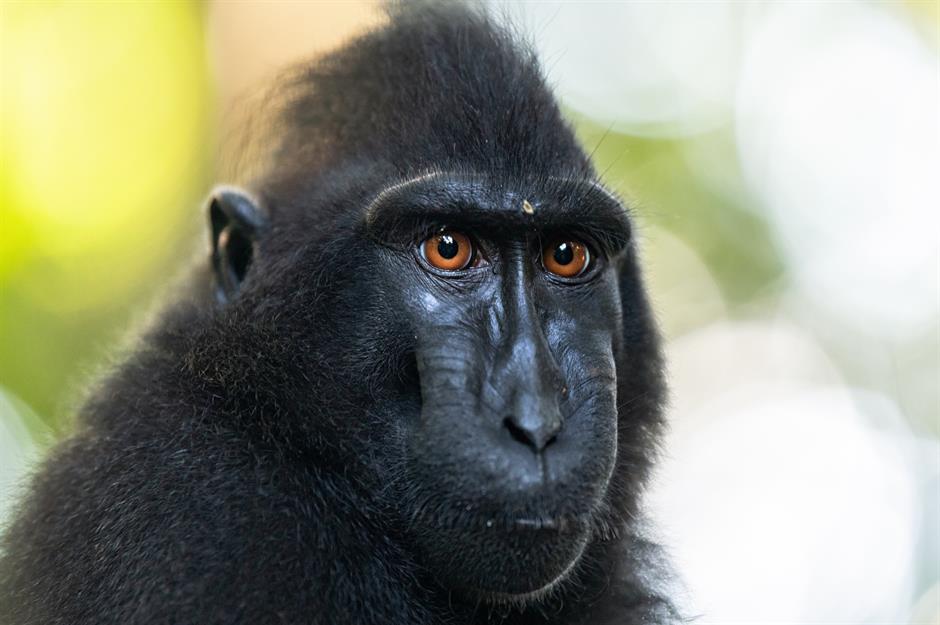
In 2011 photographer David Slater left his camera set up on an Indonesian island. He came back to find a rare crested macaque monkey had taken a rather striking, toothsome selfie. In 2014 he sued Wikipedia for putting the image out for free, before himself being sued by animal rights group Peta on behalf of the monkey. Although Slater won, he agreed to pay 25% of future revenues to monkey charities. The legal fees are unknown but Slater says he was left so broke he could not afford to pay his lawyer or fly to hearings.
Mattel v Barbie Girl art: $1.8 million (£1.4m)
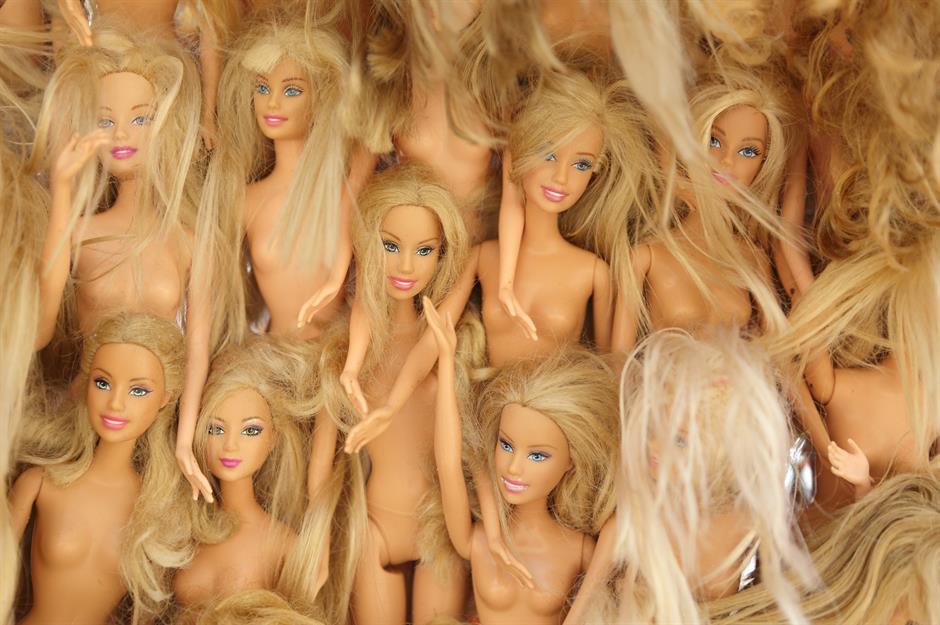
In 2004 toy maker Mattel was ordered to pay $1.8 million (£1.4m) in legal costs after its five-year copyright and trademark infringement suit against a photographer was thrown out. Seven years before, artist Tom Forsythe had posed Barbie dolls naked in and around household appliances in an exhibition of what he called “crass consumerism”. This wasn't the first time that Mattel had struggled to defend Barbie: two years earlier it had also lost a case against the pop band Aqua's song Barbie Girl.
Sponsored Content
The real Caravaggio: at least $2.3 million (£1.8m)
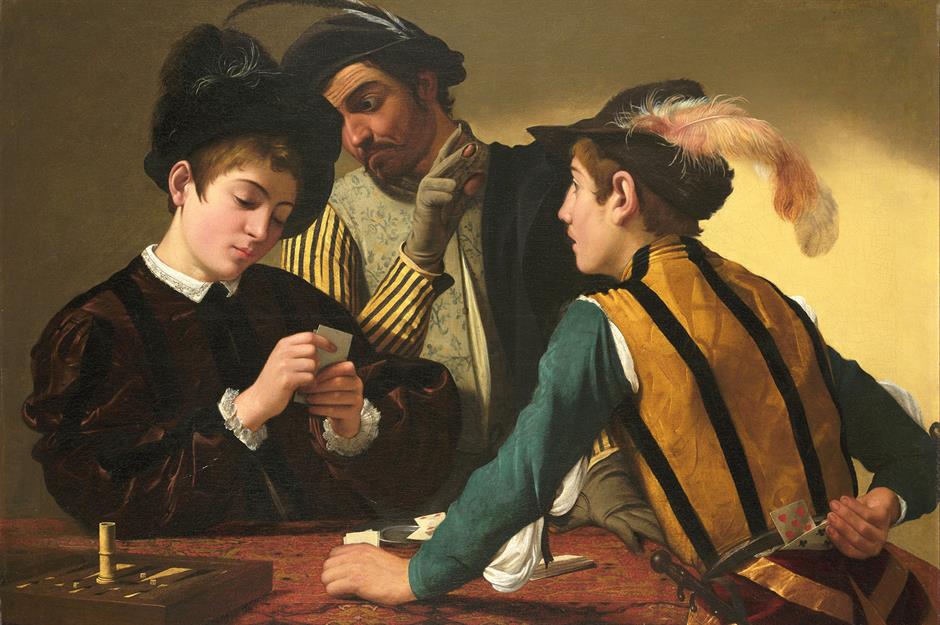
Lancelot Thwaytes sued auction house Sotheby’s for negligence after it sold a painting he inherited, The Cardsharps, for £42,000 ($53k) in 2006. The auction house's experts had declared it the work of a follower of Italian Baroque artist Caravaggio rather than the master himself, reducing the price Thwaytes could sell it for. The new buyer, however, later claimed it to be a genuine Caravaggio worth £10 million ($12.6m). Thwaytes took Sotheby's to court over the misidenfitication of the painting he used to own, but he lost his 2015 case and was ordered to pay £1.8 million ($2.3m) in legal costs to Sotheby’s as well as his own bill, thought to run into the millions.
McDonald’s in hot coffee: $2.9 million (£2.3m)
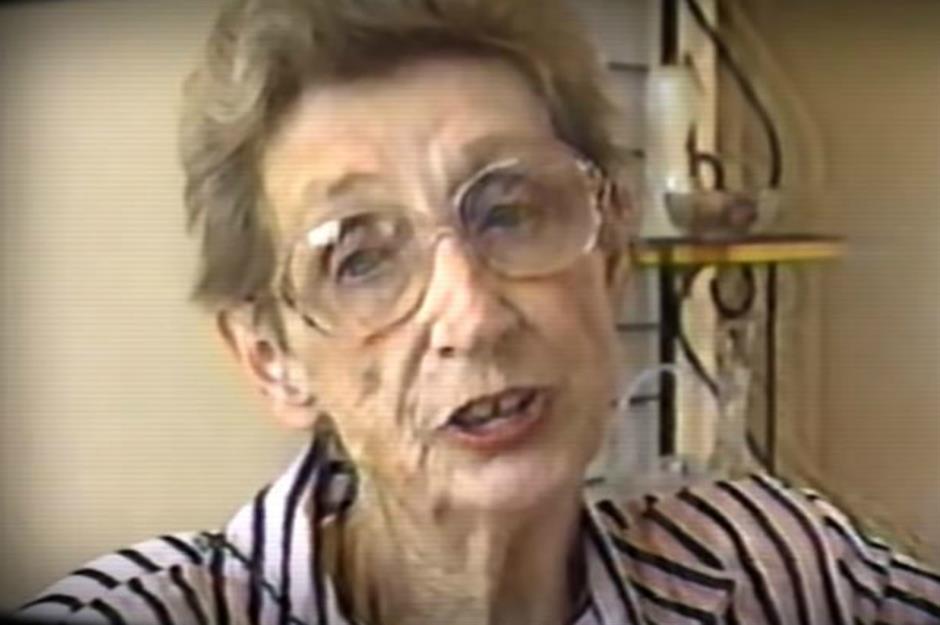
Stella Liebeck took fast-food chain McDonald’s to court in 1994, after she dropped a drive-through coffee into her lap and suffered third-degree burns. Initially Liebeck sued for $20,000 (£15,845) to cover her medical expenses, but when McDonald's offered just $800 (£633) in compensation she went all out, claiming a whopping $2.9 million (£2.3m). The award was later reduced to $640,000 (£507,000) – both parties appealed and settled out of court for an undisclosed amount.
Red Bull's lack of wings: $13 million (£10.2m)
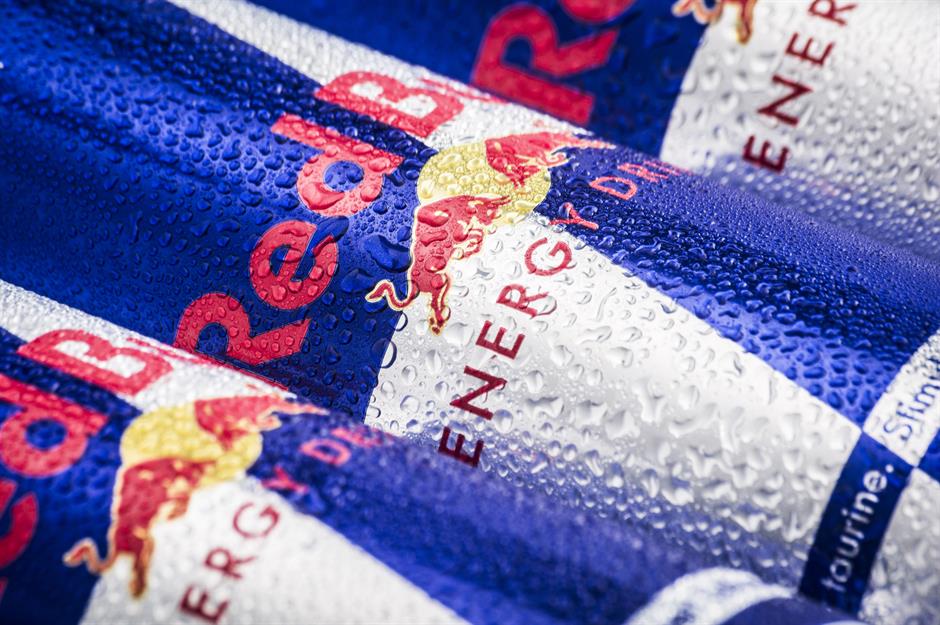
The power of advertising is undeniable, but sometimes it can cause more problems than it's worth. Red Bull's '...gives you wings' campaign got the company in trouble in 2014, when Benjamin Careathers sued for false advertising as he had not grown wings after drinking the energy drink for a decade. Red Bull gave him $6.5 million (£5.1m) and put a further $6.5 million into a fund for other customers who had bought the drink between 2002 and 2014 to apply for a refund.
Sponsored Content
Free to sing Happy Birthday: $19 million (£15m)

Napster faces the music: $26 million (£20.5m)
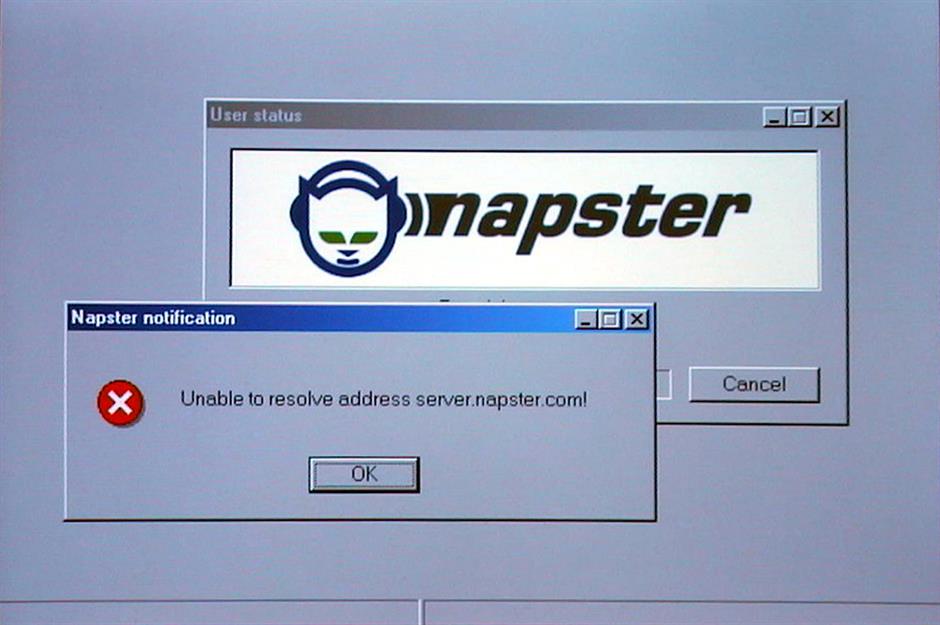
Peer-to-peer music-sharing site Napster, launched by brothers Shawn and John Fanning alongside Facebook founding present Sean Parker, only existed for two years before being hit by a massive lawsuit filed by record companies. Napster was sued for infringement of the music firms’ intellectual property and was forced to shut down in 2001 after making a public apology and paying out $26 million (£20.5m) in damages.
70-year-old Hyderabad Fund battle: $45.6 million (£36m)
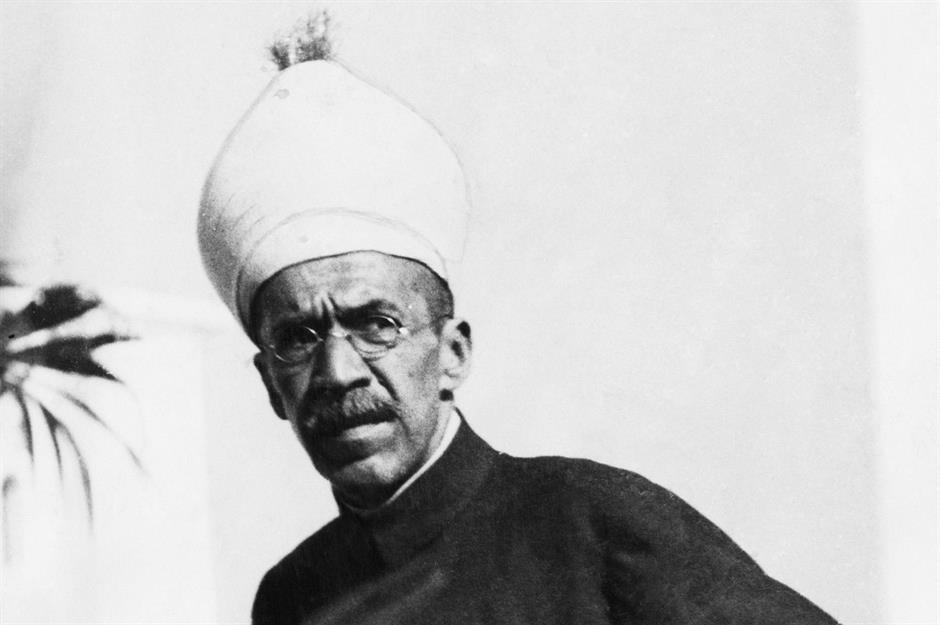
India, Pakistan and an heir of the seventh Nizam (leader) of Hyderabad have been battling for decades to recover £1 million ($1.3m) deposited in a London bank in 1948. A descendant of the seventh Nizam, Osman Ali Khan (pictured) says it was personal money. India claims it was deposited days after Hyderabad was annexed to India, while Pakistan says the money was paid for Pakistani aid. The Nazim has since died, but his fund has ballooned to £36 million ($45.6m) and a trial will finally be held in 2019.
Sponsored Content
A rather large dry cleaning bill: $54 million (£42.6m)
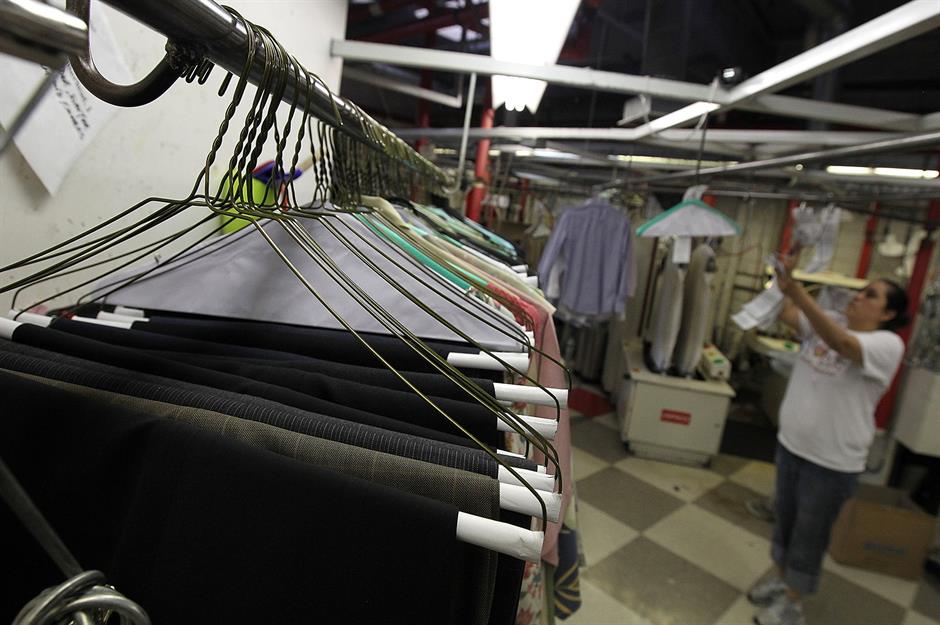
In 2005, a Washington DC judge sued a dry cleaners for losing his suit trousers, as they had a “satisfaction guaranteed” shop sign. It turned out to be an expensive pair of trousers, as former judge Roy Pearson Jr claimed $54 million (£42.6m) in compensation, plus legal fees and emotional distress. When cleaner then found his trousers, Pearson still tried to claim as he hadn't received same-day delivery service, but his case was thrown out and Roy Pearson was ordered to pay the cleaners’ unknown legal fees.
Hoover free flights: $72 million (£56.9m)
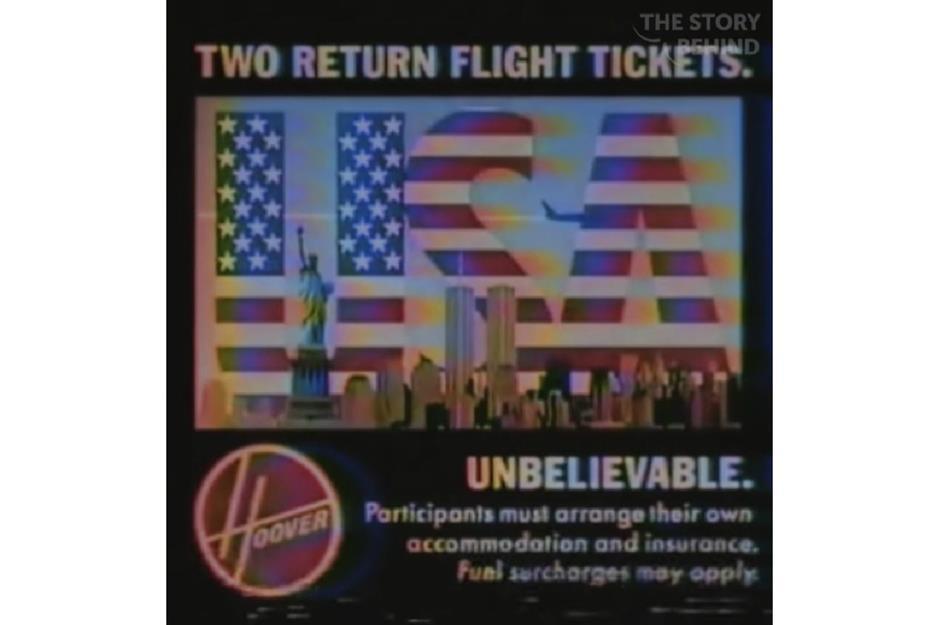
Another instance of marketing gone wrong, in 1992 Hoover was forced to pay out $72 million (£56.9m) in compensation to 220,000 customers. Why? Following a spectacularly foolish marketing campaign offering two free return flights to the US for British customers who bought a £100 ($126) vacuum cleaner, a pressure group won five separate court battles against the vacuum cleaner manufactuer. Hoover had been unable to fulfil the snowstorm of requests for flights and had withdrawn the deal.
Battle of the Russian oligarchs: $126 million (£100m)
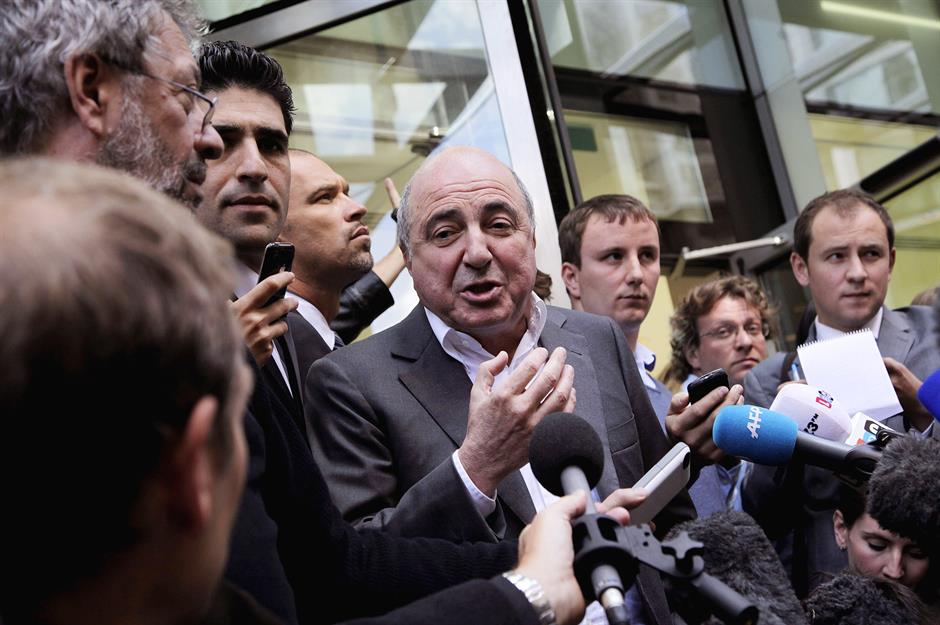
Sponsored Content
Pringles – biscuits or crisps?: $126 million (£100m)
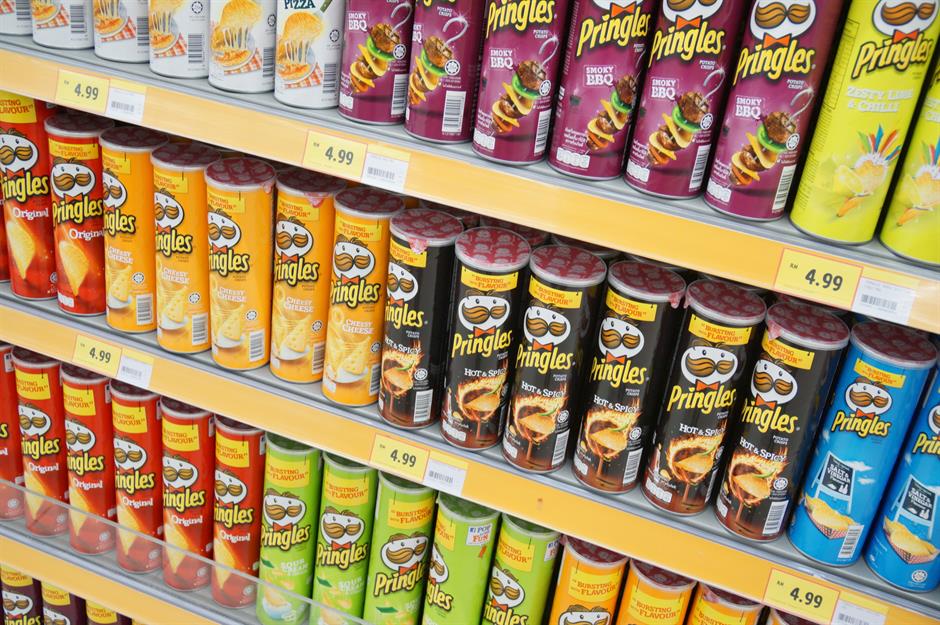
Apple v Samsung: $539 million (£427m)
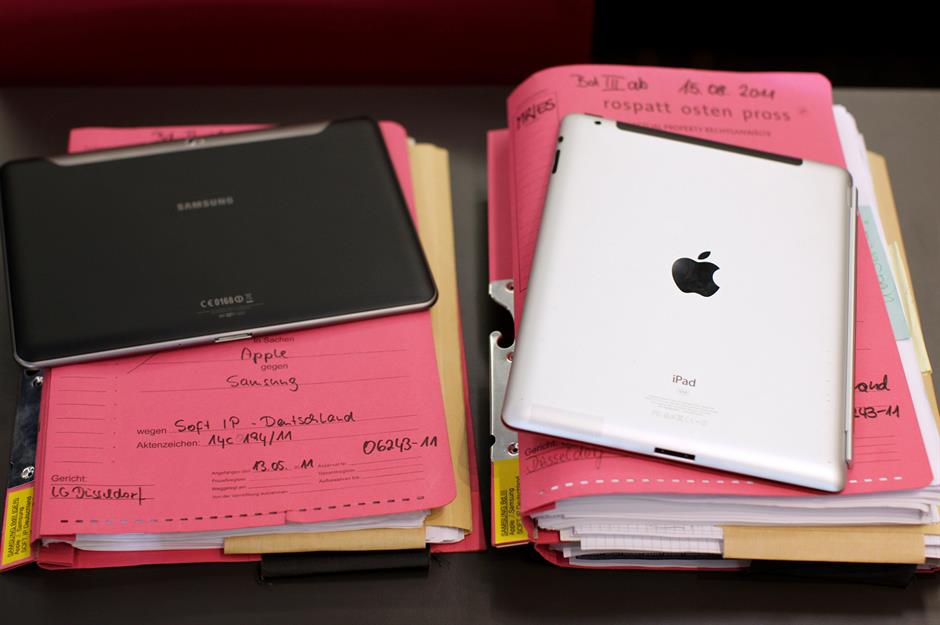
Facial recognition lawsuit: $1 billion (£793m)
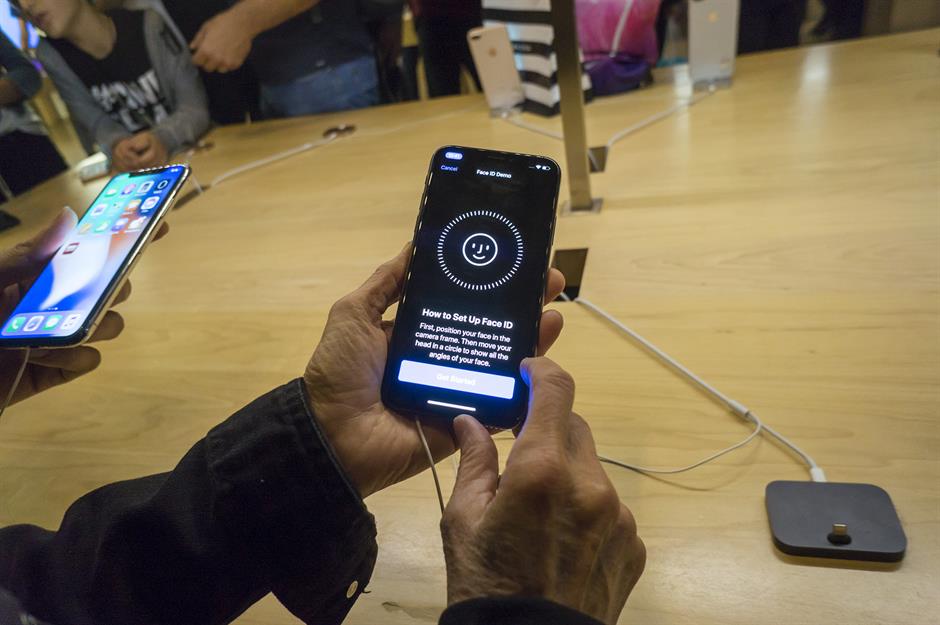
Sponsored Content
JPMorgan’s costly clerical error: $1.5 billion (£1.2bn)
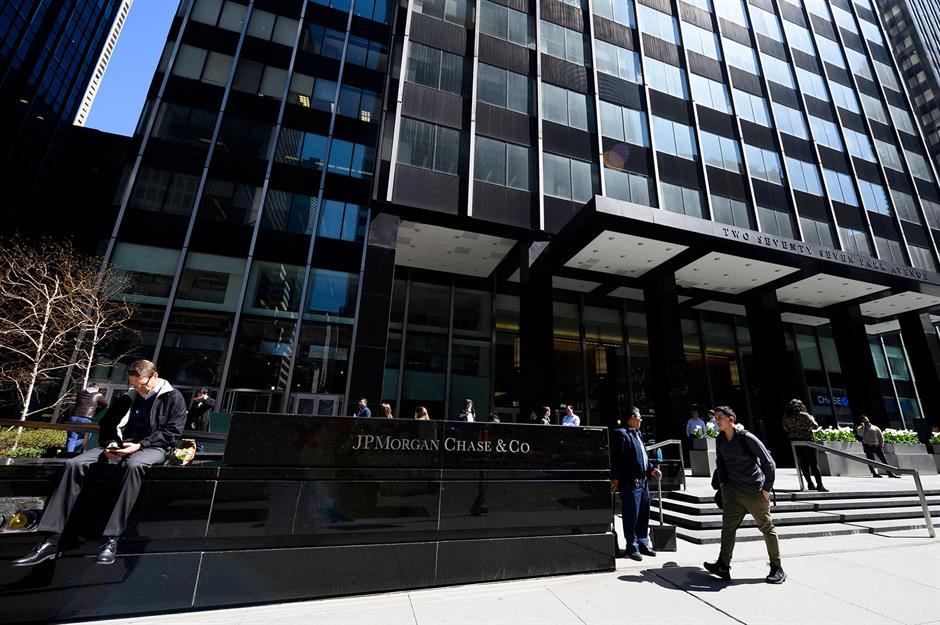
Roundup weedkiller: $2 billion (£1.6bn)
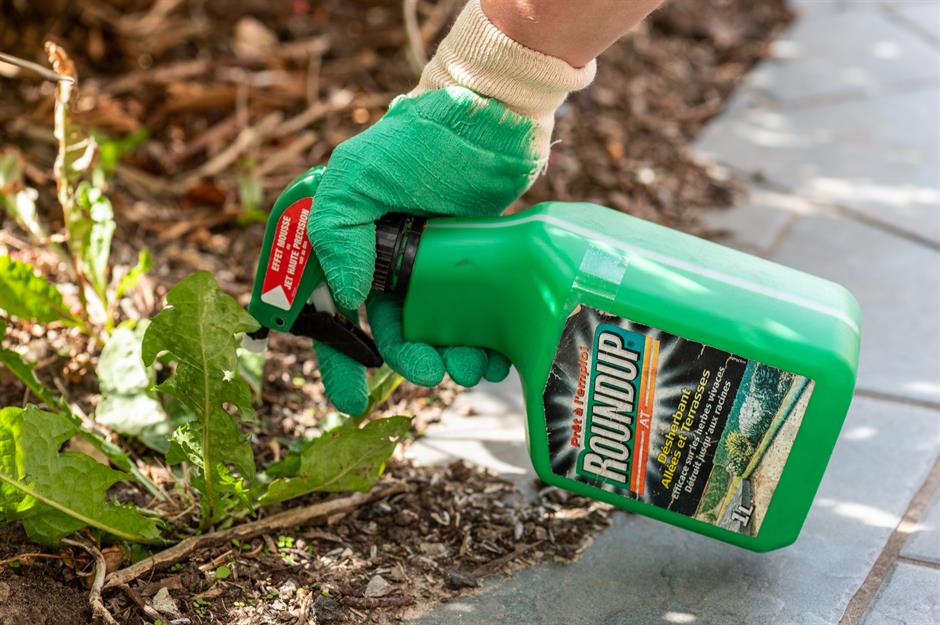
Talcum powder cancer cases: $20 billion (£15.9bn)
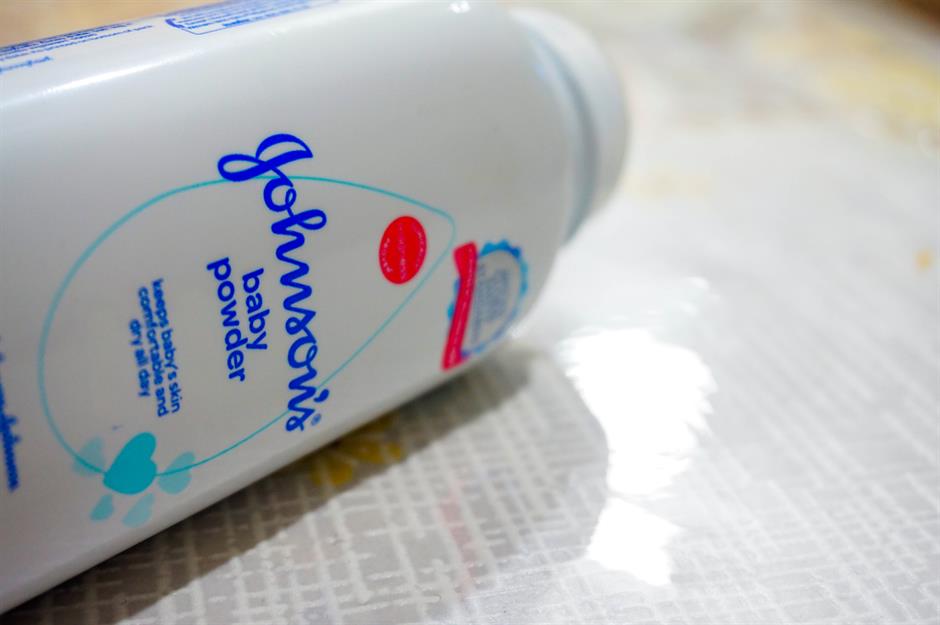
Sponsored Content
The $2 undecillion dog bite
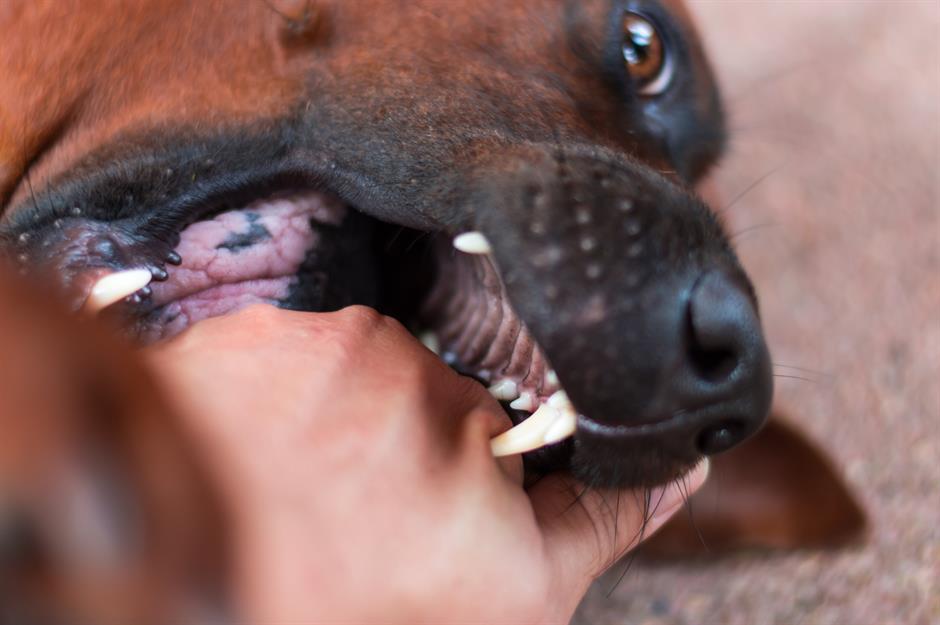
And finally, this case could have been a little expensive for New York City if it had not been dismissed. In 2014 plaintiff Anton Purisima claimed his finger was bitten by a rabid dog on a bus and sued the city, La Guardia airport and Au Bon Pain restaurant – which he claims overcharged for coffee, and was related to the bite. His suit for $2 undecillion (that's a huge 36 zeros) was the world’s largest lawsuit, for more money than there is on earth.
Comments
Be the first to comment
Do you want to comment on this article? You need to be signed in for this feature